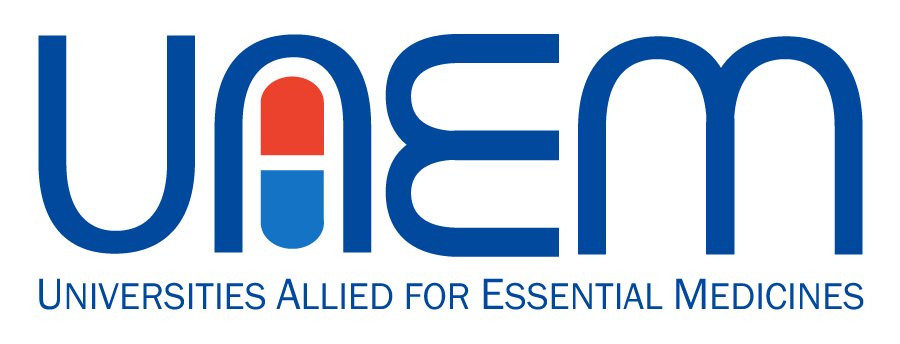Tech Transfer on Trial Responsible Licensing Report
Prepared for Universities Allied for Essential Medicines (UAEM)
By student attorneys at the Georgetown Law Intellectual Property and Information Policy (iPIP) Clinic
Spring 2025
Summary
This report explores how publicly funded research at U.S. universities often fails to translate into affordable medicines for the public, due in part to weaknesses in the technology transfer process. It examines the legal framework behind university tech transfer—particularly the Bayh-Dole Act and the federal government’s failure to enforce “march-in rights”—and emphasizes the need for early intervention through licensing practices that prioritize equitable access.
The report introduces and analyzes Affordable Access Plans (AAPs) as a contractual mechanism to ensure equitable access to university-licensed health technologies. Drawing on interviews with university tech transfer offices (TTOs), it presents practical insights into how AAPs are implemented, perceived, and can be strengthened.
Key findings include:
Universities retain leverage to embed public-interest commitments at the licensing stage.
Many TTOs support AAPs and see themselves as public-interest-oriented actors.
AAP enforcement is limited by delayed timelines and unclear review mechanisms.
The report concludes with policy recommendations and advocacy strategies for UAEM members—including pre-law pathways for STEM students—to advance access-to-medicines work. It serves as both a legal primer and advocacy toolkit for transforming tech transfer into a more equitable system.

